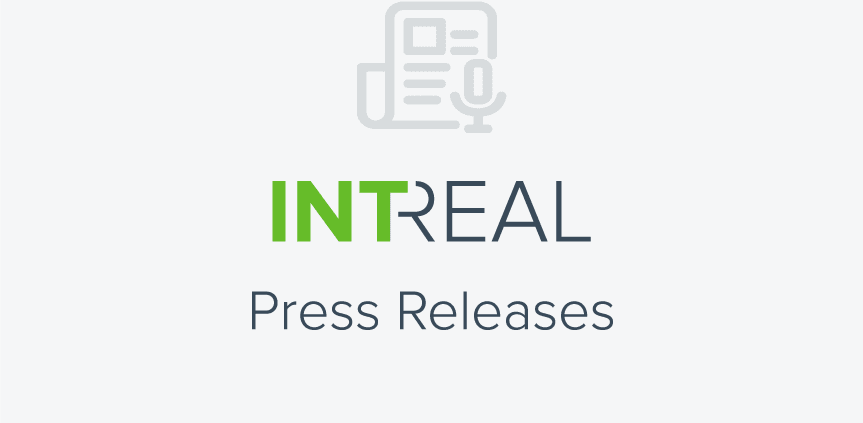MIPIM 2024: Transactions picking up in Germany, but investors still cautious
04. Apr 2024
Interview by Branislav Pekic, PropertyEU with Camille Dufieux, CEO of Intreal and Rudolf Kömen, Conducting Officer Intreal Luxembourg at MIPIM.
Transaction activity has picked up in the German market in recent months, but domestic investors in particular remain wary, according to Camille Dufieux, CEO of Intreal International Real Estate.
‘German investors are currently cautious,’ Dufieux told PropertyEU in Cannes. ‘Many are reviewing their existing portfolios which they bought in the past 3-5 years. This focus makes difficult to launch new funds requiring fresh investment.’
While the timing is uncertain (possibly later in 2024 or even 2025), Dufieux believes investor sentiment will improve. ‘Asset managers are reporting renewed discussions with investors, which is a positive sign after a period of minimal interest,’ she said.
Intreal Luxembourg’s conducting officer, Rudolf Kömen, admits the market has adjusted to a ‘new reality’ and that there is a cautious return of optimism. ‘If real estate prices have dipped, it creates buying opportunities. It’s like the stock market – if a good stock takes a 30% hit, it might be a smart time to buy before it rebounds. The same principle applies to real estate. I’ve overheard discussions about actual deals, not just theoretical ones,’ he admitted.
With €65 bn in assets, Intreal, has adapted to changing market conditions.
The fund administrator and asset manager has been diversifying geographically, offering investments from both Germany and Luxembourg and catering to both German and international investors. The product type has expanded from pure real estate to ‘real assets’. including infrastructure, while private debt is now available on both real estate and infrastructure projects. Additionally, Intreal can now set up loan-to-value structures, which are currently popular in Europe.
Breaking down the investor landscape, Intreal has seen investment activity from Benelux with local managers, Anglo-Saxon investors in the Benelux business, and funds targeting the DACH region.
According to Kömen, Anglo-Saxon investors are faster to react, their valuations adjust quicker, and they have a more dynamic approach to the real estate market. They also tend to re-enter the market more readily when investment opportunities arise. On the other hand, German investors may react slower than their Anglo-Saxon counterparts, being overly cautious and sticking to tried-and-tested methods.
He also highlighted the importance of Service KVG or third-party alternative fund managers. ‘We partner with external asset managers to launch our funds. These asset managers are specialists in their respective fields – residential, logistics, retail, etc. This collaboration with over 15 different asset managers is a key factor behind our successful diversification,’ he added.
According to Kömen, service management companies like Intreal can be a valuable solution when market conditions get tougher. ‘We offer a fee structure based on the fund size. This translates to lower fees for smaller funds and proportionally higher fees for larger funds, unlike a fixed cost structure.’
Intreal believes its business model provides a certain stability in uncertain times. ‘We currently feel quit comfortable because our business model relies on running fees. We are not so dependent on transaction fees’, concluded Dufieux.

